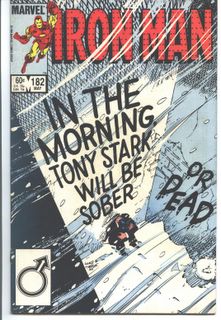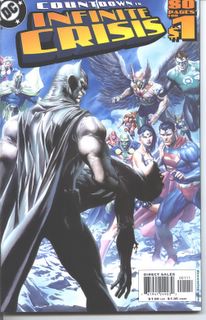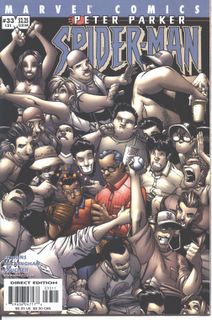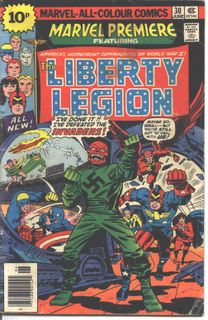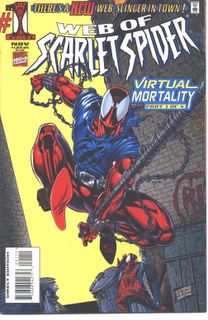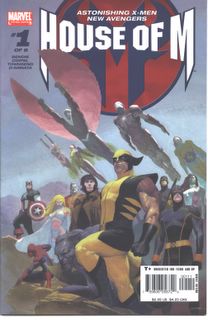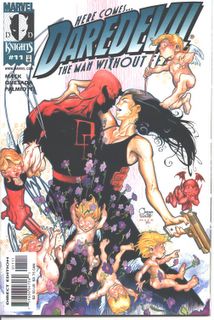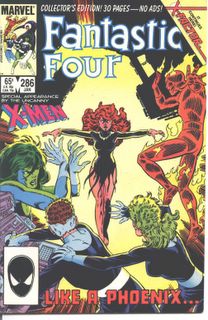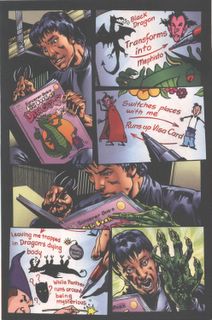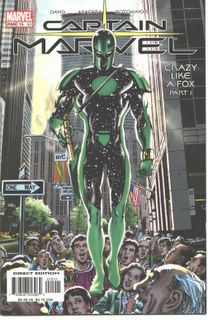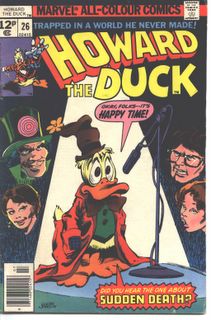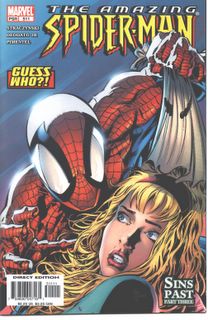Must we burn Rob Liefeld?
I'm very much of a belief that one person's comic book opinion has the same worth as anyone else's. We pay the same money, so it's difficult to think why any one individual's opinion could possibly rise much higher than the remainder, and that includes my own. We should live and let live, not get into bitchy internet slagging matches and always remember to respect our neighbours' opinions.
But at the same time, I can't help thinking (purely hypothetically, of course) that if a hypothetical individual was to hypothetically post that they couldn't wait for David Finch to leave New Avengers because he makes everyone's face look the same, then I would hypothetically find it difficult to contain my rage. Is it so unreasonable that our individual should have their eyelids sewn open and be forced to read the Collected Works of Don Perlin on looped video till they bellow for mercy? That they should follow up this firm-but-fair treatment with a tough love sentence sweeping up the Finchmeister's pencil shavings for, say, ten years, eight with good behaviour?
As I say, it's all hypothetical.
There's nothing theoretical about people's hatred of Rob Liefeld. The internet is a hive of Liefeldophobes, complaining endlessly about badly proportioned torsoes, extraneously added digits and squinty eyes. And yet I look at Avengers #1, and think, "Well, that looks all right to me". I mean, I can see that his style is idiosyncratic, and not necessarily to everyone's tastes. If this were a life-drawing class, you'd probably conclude that he had a tendency to exaggerate male musculature, and women's breasts seem rather more orblike than nature permits. Now I lack the in-depth knowledge necessary to be an art critic, but Liefeld's work seems to me to be stylized, but displaying a good degree of competence. Isn't the musculature meant to be symbolic of a character's power and presence, rather than a literal interpretation?
If Liefeld's art irritates, what about Humberto Ramos? Some of his pencils on Spectacular Spider-Man gave the appearance of wax grotesques accidentally left too near a grill. Why does Liefeld get it in the neck, while Ramos is left untouched? What about that artist who accompanied Peter Milligan on X-Force, Mike Allred? Dare I suggest his technical skills appear somewhat deficient?
And if Liefeld's art is so bad, how come everyone bought X-Force when it came out? Why was Cable briefly so huge? And he was - even I bought a few issues of Cable, and I always, always hated the glowing-eyed big-gunned buffoon. Conventional wisdom says that the early 1990s boom was caused by seventeen over-optimistic investors who bought X-Men #1 in all sixty-eight thousand different covers. Could this be wrong? Might it have been that we all went out and bought sub-standard mutant books by the skip-load, and are now a wee bit embarrassed about it? That Liefeld, the great symbol of an era (in the way Don Johnson, with his rolled up Miami Vice sleeves, had been a few years earlier), makes us uncomfortable because he reminds us of the failure of our own critical faculties?
If you're thinking of buying this issue out of anything other than historical interest, I'd advise you not to do it. It was part of the not especially fantastic "Heroes Reborn" relaunch, which was nevertheless important because it was the first time Marvel started showing an interest in resuscitating its core, non-Mutant titles. If you want to know how bad it had got, let me just say "Teen Tony". Liefeld got removed from the Avengers halfway through this run, something the Liefeld-haters remember with fetishistic glee.
I've just checked. I bought a total of eight issues of Cable, six of which were crossovers. That's not so bad, is it? Just don't ask how long I stuck with X-Factor. That is truly embarrassing.

